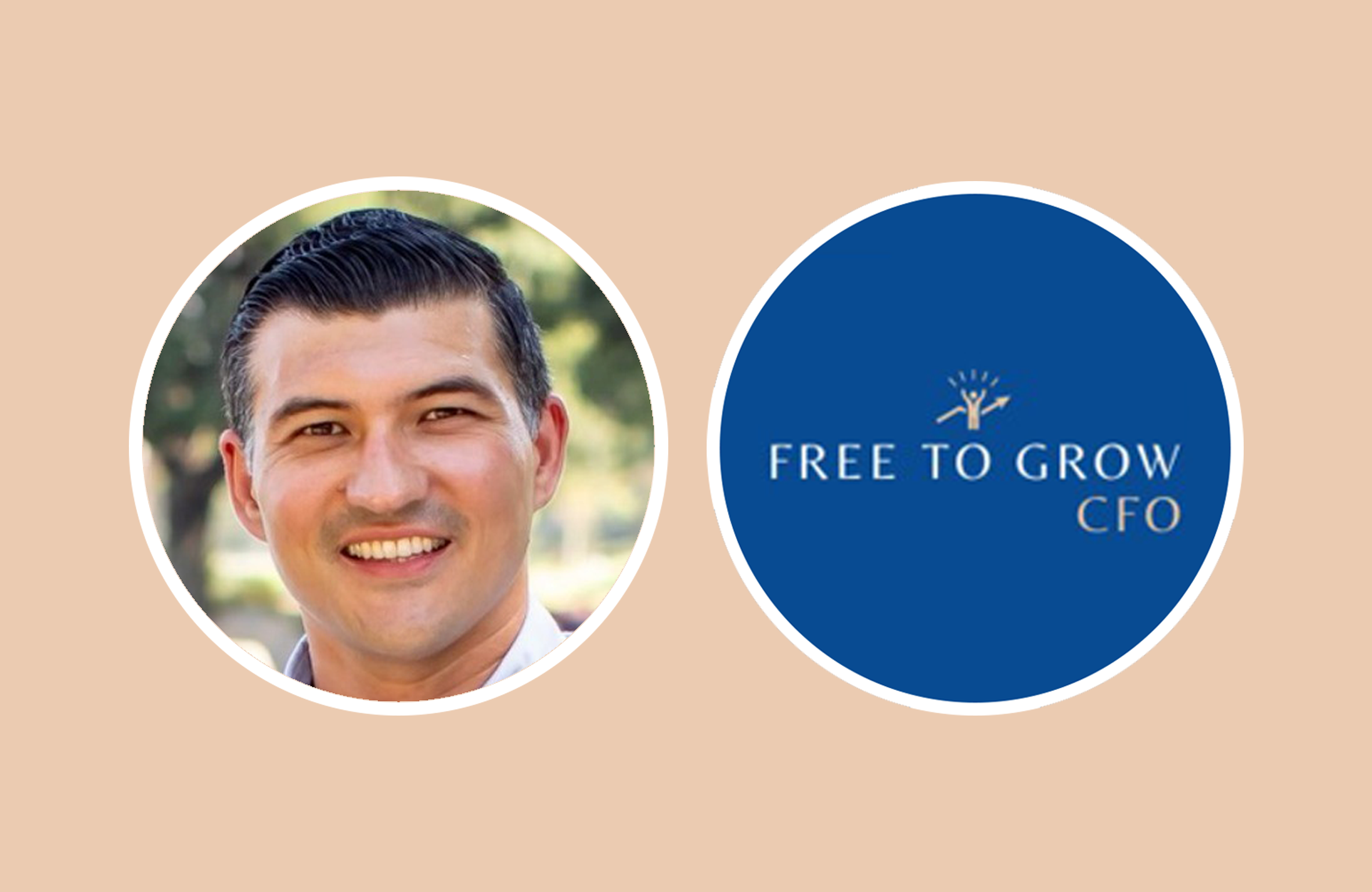The Entrepreneurial Journey of Jon Blair
In the journey of Jon Blair, the founder of Free to Grow CFO, the path to entrepreneurship began fifteen years ago upon completing a business degree with a concentration in accounting. Despite the expectations to pursue a traditional CPA route, Jon had a natural ambition to become an entrepreneur. Rejecting the allure of a stable income, he immersed himself in the dynamic world of early-stage startups, dedicating a decade to mastering the intricacies of scaling businesses.
His first experience with e-commerce was through his work with Sure Stop brakes, a company started by a friend from business school. While assisting as an accountant during evenings, Jon witnessed the evolution of the business, ultimately transitioning to a full-time role when the opportunity arose to feature their product on Shark Tank in 2016.
However, Shark Tank served not as a singular catalyst but as a catalyst for ongoing growth. While the initial spike in sales following the show’s airing was notable, Jon recognized the need for a strategic approach to sustain momentum. Leveraging the platform’s visibility, they embarked on refining their marketing strategies, particularly in email outreach and tailored customer journeys.
Their efforts bore fruit as they not only broke into the seven-figure realm in their second year but also surged into the eight-figure milestone in their third year of operations. The confluence of factors, including heightened awareness from Shark Tank, strategic marketing initiatives, and unforeseen circumstances like the onset of the COVID-19 pandemic, propelled Free to Grow CFO to remarkable success.
Blending Marketing and Finance
In the world of business management, blending marketing and finance is a critical yet often overlooked aspect. Traditional accountants and bookkeepers tend to view business operations solely through aggregated profit and loss statements, missing the nuanced components that drive growth. Marketing plays a pivotal role in business success, serving as the engine propelling the business plan forward. Without its driving force, businesses risk losing momentum and falling from the skies of success.
It’s critical for financial experts to comprehend marketing’s position in sustaining a business. Understanding marketing dynamics is helpful in guiding companies towards growth, even though mastery is not required. In essence, the convergence of marketing and finance is vital for modern businesses. By embracing this synergy, businesses can tap into a broader range of opportunities, propelling themselves to new heights of success. The integration of marketing and finance lays the groundwork for enduring entrepreneurial triumph.

Difference Between an Accountant and a CFO
In the realm of Ecommerce brands, understanding the distinction between an accountant and a CFO is paramount. While both roles revolve around financial management, their focuses diverge significantly. An accountant primarily records past transactions, offering insights into what has already occurred. Conversely, a CFO takes a forward-looking approach, delving into modelling decisions that shape the future trajectory of the business. While accountants deliver financial statements and tax returns, CFOs provide comprehensive three-statement financial models projecting profit and loss, cash flow, and balance sheets. In addition, CFOs provide executive briefs that highlight possible risks and resources needed to meet organisational objectives.
In the context of Ecommerce, CFOs must grasp industry-specific nuances, particularly in inventory management and advertising spend optimization. While familiarity with industry jargon like AOV (average order value) and LTV (customer lifetime value) is essential, CFOs need not solely be responsible for these aspects but understand how they influence overall margins and bottom-line impact. Thus, the distinction between an accountant and a CFO lies not only in their temporal perspectives but also in their adaptability to industry-specific intricacies, crucial for navigating the dynamic landscape of Ecommerce.
Navigating the Marketing Landscape: Insights from the CFO
In the dynamic world of Ecommerce, understanding the interplay between marketing drivers and financial fundamentals is key. While perfection may elude even the best brands across all operational aspects, what sets them apart is a firm grasp of fundamental unit economics. Jon Blair, having scaled Free to Grow CFO and worked with numerous brands, emphasises the importance of healthy gross margins and repeat purchases.
Jon underscores the significance of healthy gross margins, citing figures around 70-80% as optimal. However, he also highlights the balancing act between gross margins and repeat purchases. Brands can sustain lower gross margins if they achieve higher repeat purchase velocity and vice versa. Yet, the absence of repeat purchases can pose challenges, as observed in some fast-scaling brands caught off-guard by their absence.
Contrary to the quest for perfect answers, Jon advocates for making decisions with imperfect information. Drawing from entrepreneurial leaders like Jeff Bezos, who famously made decisions with only 40% of the required information, Jon stresses the importance of risk-adjusted decisions. It’s about limiting downside while maintaining flexibility, ensuring decisions don’t lead to catastrophic outcomes. Ultimately, success lies in cushioning these fundamentals, allowing businesses to navigate the ever-changing landscape of Ecommerce with confidence.
Concluding Thoughts
Before making any major financial decisions, I strongly encourage all our readers here today to seize this opportunity. Having a chat with Jon, going through that initial audit, and gaining more visibility and insights into your business can only benefit you. It’s an opportunity to view your business through a slightly different lens, gaining additional control over your financial perspective. With Free to Grow, the potential to optimise and leverage these financial levers is invaluable. It’s definitely something worth considering


